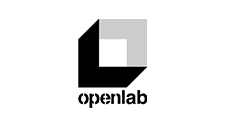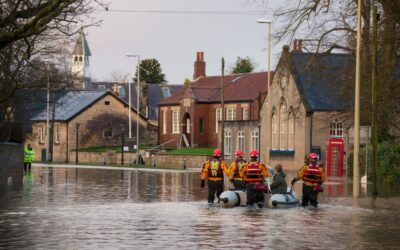Making open data work for communities


We’re not bothered about p-values or anything like that, or whether or not it satisfies the criteria. It’s visually… That visually, to us, it looks good, that’s all we care about.”
Local charity worker
Open data needs to be accessible and understandable for everyone.
Open data is a concept that government data should be available to anyone to redistribute in any form without restriction.
Open data may include non-textual material such as maps, crime statistics, travel data, and population density.
Even if citizens are able to access a large set of publicly available data, it is often difficult to understand and interpret by people without specialist technical skills.
Could an easy to see open data platform be created to give non-experts access to community data in ways that normally only experts would have access to?
Solving the problem
Data:In Place was created to make open data accessible to everyone while giving more context and relevance to the data set for communities. Working with local charity and neighbourhood planning groups has been a key point to gather feedback and ideas on designing the solution.
The tool was created through an intensive co-design process, to understand the value of open data for communities and how they might access it. This process highlighted the importance of providing context to data and connecting it to places that people wanted to know more about.
Key outcomes
By co-designing a tool with local communities, the Open Lab made open data more accessible using GIS to create maps and visualise data easily.
Data:In Place has been used by neighbourhood planning groups to gather evidence for policymaking. It’s also been used by local charity organisations to better understand the needs of communities and illustrate their impact for extending funding bids to continue their work.
Several co-design workshops have resulted in the creation of an interactive website where anybody can visualise data but also add and map their data.
Partners
Want to know more about this project?
Similar stories
Northumbrian Water: Interruption to Supply Risk Mapping using Spatial R Package
Jumping Rivers has worked with Northumbrian Water to develop a tool that identifies the risk of interruption to water supply.
Empowering patients and professionals with transformative technology
A renowned life science enterprise and Monstarlab worked to develop an innovation funnel for the company’s digital app services.
Strengthening data analyst skills to optimise battery systems
Embedding new data science skills into their organisation Working with NICD, Connected Energy...
PYRAMID real-time platform for flood risk assessment
Developing a digitally-enabled environment which benefits policymakers, businesses, communities and individuals
Connected homes as living labs for energy management technologies
55 homes in Newcastle have been fitted with equipment to become living labs for the energy sector.
Helping communities use sensors to solve local issues
SenseMyStreet is a toolkit that enables local communities to commission sensors that collect environmental data about their street.









